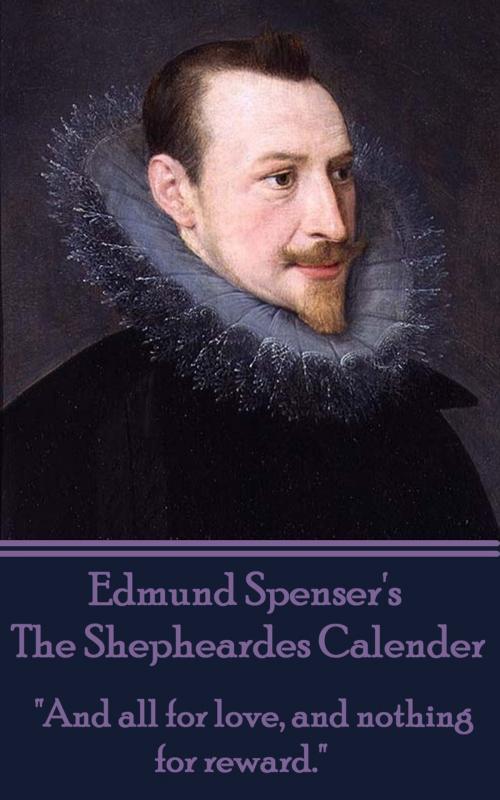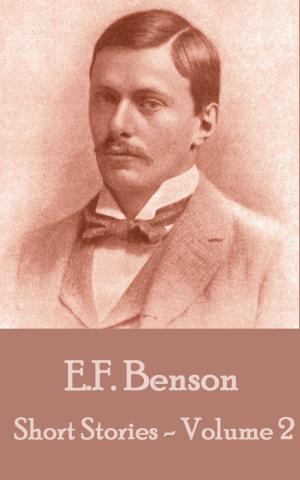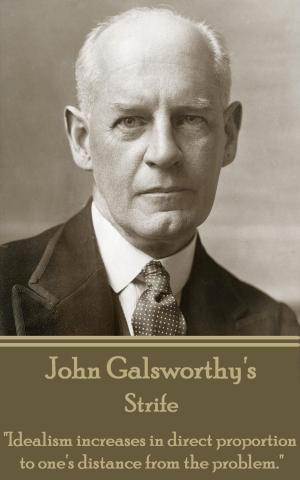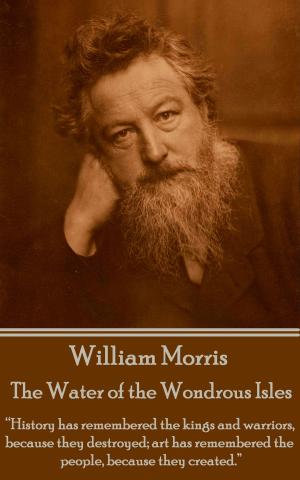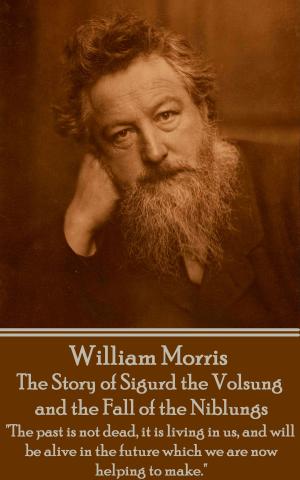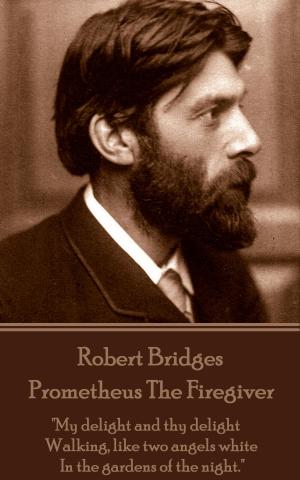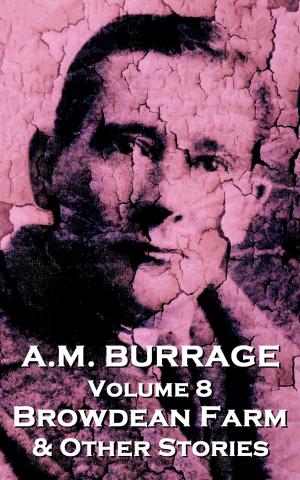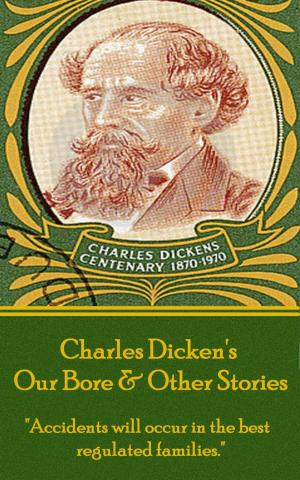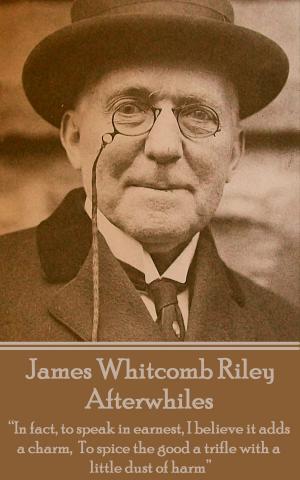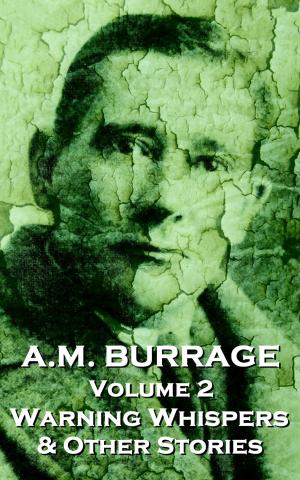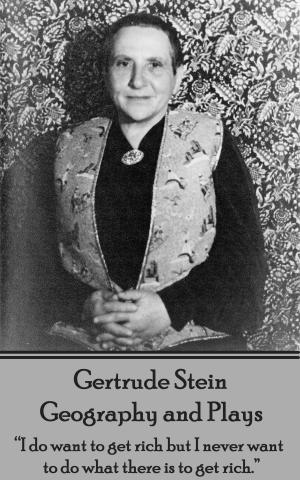| Author: | Edmund Spenser | ISBN: | 9781783945429 |
| Publisher: | Deadtree Publishing | Publication: | November 1, 2013 |
| Imprint: | Portable Poetry | Language: | English |
| Author: | Edmund Spenser |
| ISBN: | 9781783945429 |
| Publisher: | Deadtree Publishing |
| Publication: | November 1, 2013 |
| Imprint: | Portable Poetry |
| Language: | English |
Edmund Spenser was born in 1552 in East Smithfield, London. Here we publish The Shepheardes Clendar a much admired work that was first published in 1579. In July of 1580, he departed for Ireland in the service of the newly appointed Lord Deputy, Arthur Grey, 14th Baron Grey de Wilton. Grey was recalled but Spenser stayed, having now acquired official posts and lands in the Munster Plantation. In 1590, Spenser brought out the first three books of his most famous work, The Faerie Queene. Its success enabled him to obtain a life pension of £50 a year from the Queen. In 1596, Spenser wrote a prose pamphlet titled, A View of the Present State of Ireland. This piece, in the form of a dialogue, circulated in manuscript, argued that Ireland would never be totally 'pacified' by the English until its indigenous language and customs had been destroyed, if necessary by violence. In 1599, Spenser traveled to London, where he died at the age of forty-six. His coffin was carried to his grave in Westminster Abbey by other poets, who threw many pens and pieces of poetry into his grave with many tears.
Edmund Spenser was born in 1552 in East Smithfield, London. Here we publish The Shepheardes Clendar a much admired work that was first published in 1579. In July of 1580, he departed for Ireland in the service of the newly appointed Lord Deputy, Arthur Grey, 14th Baron Grey de Wilton. Grey was recalled but Spenser stayed, having now acquired official posts and lands in the Munster Plantation. In 1590, Spenser brought out the first three books of his most famous work, The Faerie Queene. Its success enabled him to obtain a life pension of £50 a year from the Queen. In 1596, Spenser wrote a prose pamphlet titled, A View of the Present State of Ireland. This piece, in the form of a dialogue, circulated in manuscript, argued that Ireland would never be totally 'pacified' by the English until its indigenous language and customs had been destroyed, if necessary by violence. In 1599, Spenser traveled to London, where he died at the age of forty-six. His coffin was carried to his grave in Westminster Abbey by other poets, who threw many pens and pieces of poetry into his grave with many tears.
